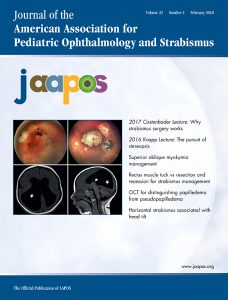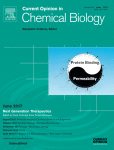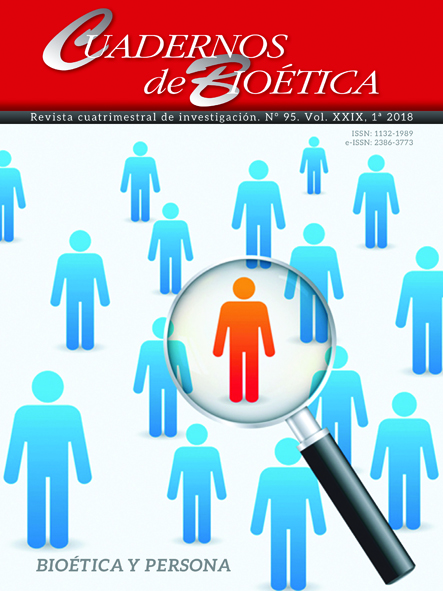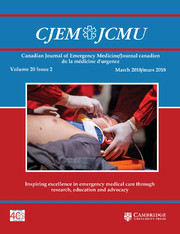 Three researchers are fighting over who should get to publish a case report on a pair of unique patients.
Three researchers are fighting over who should get to publish a case report on a pair of unique patients.
Yoo-Mi Kim—who was not an author on the paper—claimed that he had diagnosed the patients described in the report, and should have been the one to write it up. The authors—Jun Woo Park and Soo Jung Lee—disagreed, claiming that they had treated the patients for years and had received oral consent from the patients to publish the report.
The Journal of American Association for Pediatric Ophthalmology and Strabismus, unable to resolve the disagreement, has published an expression of concern highlighting the dispute. Continue reading When multiple doctors treat a patient, who gets to publish the case report?




 Here’s something we don’t see that often — authors retracting one of their articles because it included new data.
Here’s something we don’t see that often — authors retracting one of their articles because it included new data.


